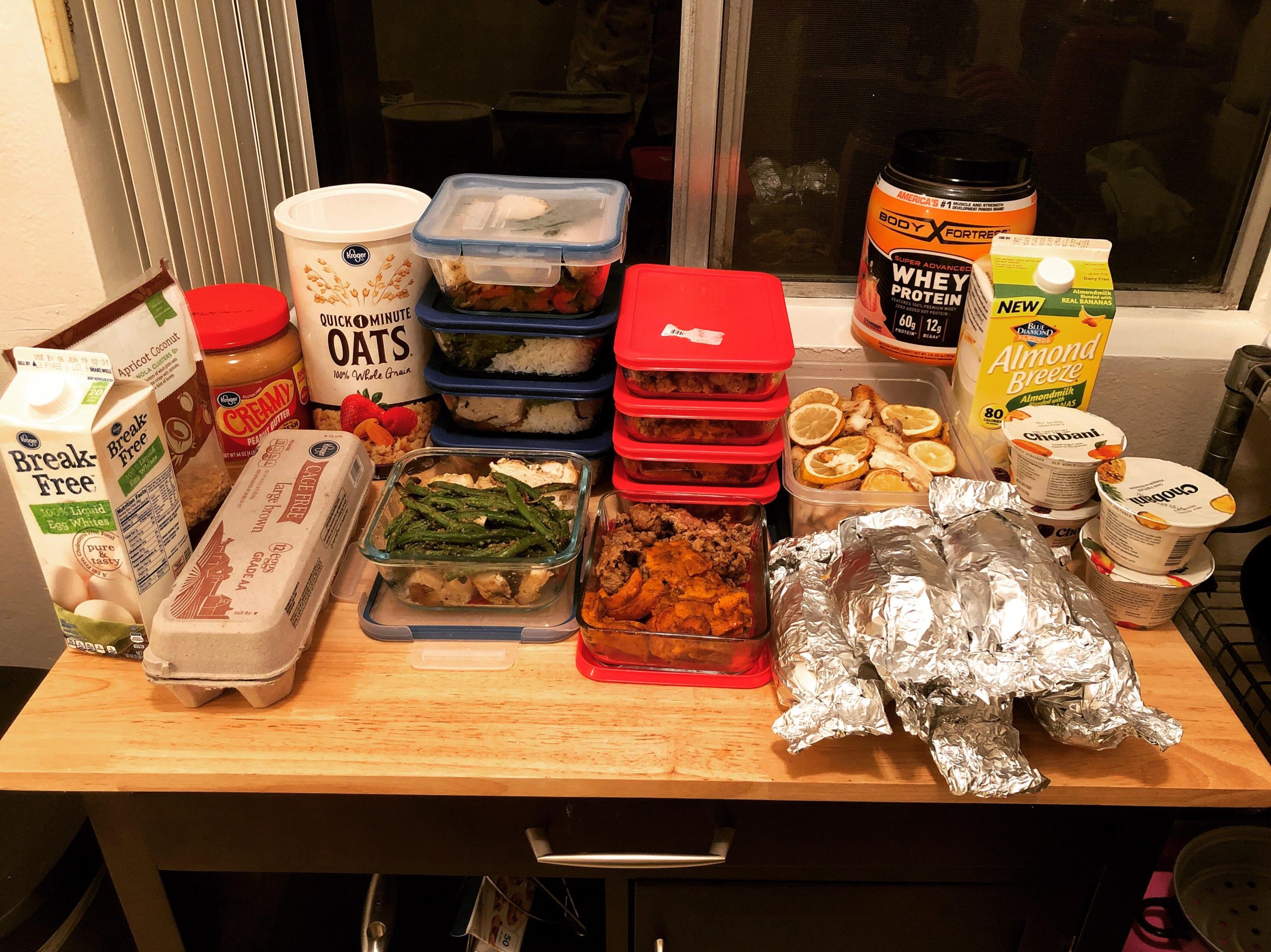- 26 October 2023
- 113
Buy Smart, Store Smart: The Art of Buying in Bulk and Preventing Waste

Introduction
Buying in bulk is a powerful way to save money, but it’s not just about the purchase; it’s about the preservation. Proper storage is the key to preventing spoilage and maximizing your savings. In this article, we’ll explore the art of buying in bulk and storing smartly, helping you unlock the secrets to saving big without sacrificing quality.
The Power of Buying in Bulk
Buying in bulk offers numerous advantages, including:
- Lower Price per Unit: Bulk items are typically priced lower per unit or weight, which means significant savings in the long run.
- Less Packaging Waste: Bulk purchases often involve less packaging, reducing waste and environmental impact.
- Fewer Shopping Trips: You’ll need fewer shopping trips, saving both time and transportation costs.
- Always on Hand: With bulk purchases, you have essentials on hand, reducing the chances of running out of items when you need them most.
Photo by Gustavo Fring: https://www.pexels.com/photo/family-doing-grocery-shopping-3985062/
Smart Bulk Purchases
To make the most of buying in bulk, focus on these essentials:
- Non-Perishables: Items like canned goods, dry pasta, rice, and grains are excellent choices for bulk buying, as they have a long shelf life.
- Household Supplies: Paper towels, toilet paper, cleaning products, and laundry detergent are bulk-friendly items that can save you frequent trips to the store.
- Personal Care Products: Shampoo, soap, toothpaste, and other personal care products can be bought in larger quantities to reduce the need for frequent restocking.
- Frozen Foods: If you have adequate freezer space, frozen fruits, vegetables, and proteins are ideal for bulk buying. They’re typically flash-frozen at peak freshness.
Preventing Spoilage
Preventing spoilage is the key to making your bulk purchases truly cost-effective:
- Use Airtight Containers: Invest in airtight containers for dry goods to keep them fresh and prevent pests. Mason jars, plastic bins, or specialized containers work well.
- Organize Your Pantry: Keep your pantry organized with older items in the front and newer items in the back. This practice ensures that older items are used first.
- Label and Date: Label your containers with the purchase date to help you keep track of freshness.
- Freeze Wisely: For items that can be frozen, use proper packaging to prevent freezer burn. Vacuum-sealed bags or airtight containers are suitable for this purpose.
- Rotate Stock: When adding new items to your pantry, make a habit of rotating older items to the front to ensure nothing gets forgotten and wasted.
Meal Planning and Bulk Purchases
Bulk purchases are ideal for meal planning:
- Plan Meals Around Bulk Items: When planning your meals, consider using bulk items as a foundation, reducing the need for additional purchases.
- Use the Freezer: If you buy proteins in bulk, portion them and freeze what you won’t use immediately. This ensures that nothing goes to waste.
- Cook in Batches: Cooking in batches and freezing portions can save time and reduce the likelihood of wasting prepared meals.
- Get Creative with Leftovers: Embrace leftovers and incorporate them into new meals to prevent food waste.
https://preview.redd.it/ggu4xeaokrt21.jpg?auto=webp&s=7240a63a5185aa9b40b87b7bc2b28b81fb40d218
Conclusion
Buying in bulk is a powerful way to save money, but the true art lies in smart storage and prevention of spoilage. By investing in airtight containers, staying organized, and implementing a few practical strategies, you can make the most of your bulk purchases. With careful planning and storage, you’ll not only save money but also ensure you always have essentials on hand. It’s a win-win for your wallet and your convenience.



